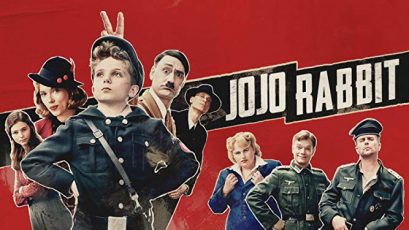5-question film review: Frozen 2

Why did you go see this film?
- I have two young nieces (3yo and 4yo) who are Frozen-philes.
- I saw the first one and quite liked it. I couldn’t make head or tail of the trailer for this film so nothing for it, let’s watch it.
- I heard it was actually pretty good.
What was the best thing about it?
Some really lovely world-building. Even though this is an Elsa and Ana film, Olaf is probably the most valuable player in terms of the funniest moments as well as the most emotional beats. Kristoff’s solo song was really well executed.
What was the worst thing about it?
The songs were really not on par with the first film. I spent most of this film also wondering whether the characters were cold because they really do not wear enough clothing for winter in the far north.
Who would you recommend go see it?
Frozen-philes definitely as well as Disney fans. Anyone looking to entertain a bunch of young nieces for 90 minutes.
If this film was a type of food, what would it be?
Frozen yoghurt. Not as rich or delicious as ice cream but somewhat more complex and palatable anyway.
